Spike Lee on the 25th Anniversary of ‘He Got Game,’ Casting Ray Allen and the Inspiration Behind the Iconic Film
At the top of a short list of the best basketball movies of all time is “He Got Game.” Since it was first released 25 years ago—May 1, 1998—the film has grown to be considered one of the most essential basketball films in hoop culture and beyond.
Spike Lee, sporting a Nike sweatsuit and Knicks-colored pair of Jordans, invited SLAM into his beautiful studio, plastered with exclusive Knicks and NBA memorabilia that he’s accumulated over the years, to reflect on the movie. He walked us through everything from the casting process, the Jordan XIIIs, working with Ray Allen and Denzel Washington, the movie’s legacy and much more.
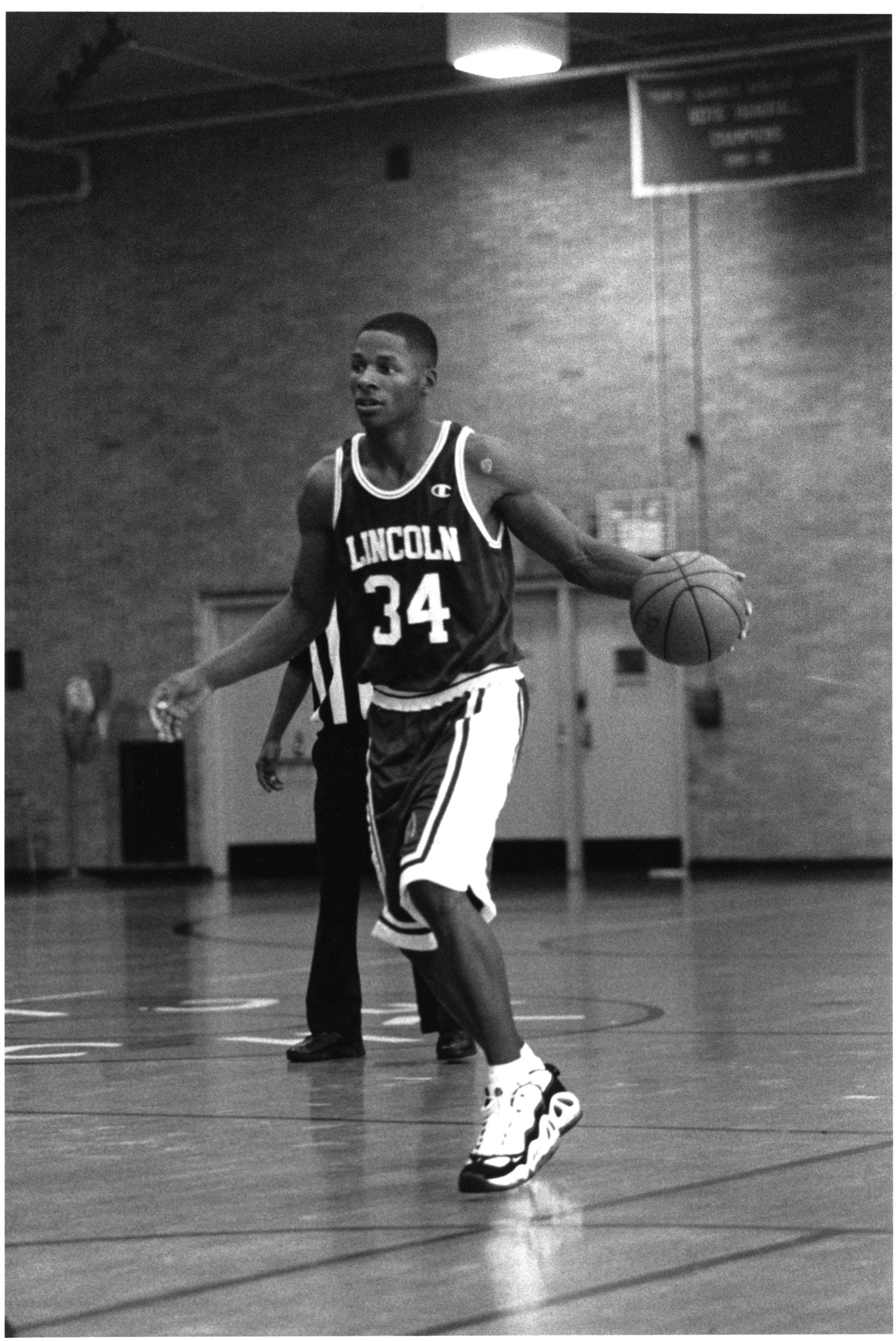
SLAM: Can you walk us through the ideation of the movie? How did it come about and what sparked the idea?
Spike Lee: Well, for years, people had asked me when I was gonna do a basketball film. I executive produced “Love & Basketball,” but that was not mine, ya know? It wasn’t my thing. I still love that film today and people still love it. That film came out very well. So, I started to write [“He Got Game”] and I sent it to Denzel, not expecting that he was gonna like it. He called me back right away and said, Did you write this?! I said, Of course, I wrote it! And we got it made.
SLAM: Where did the title of the film come from?
SPIKE: He got game. I mean, that’s something that you just heard. I can’t say I never heard that before. If you got it, you got it. You know what “game” is. It clicked right away. Usually, when I’m thinking about a film and the subject matter, the title comes to me very quick. I gotta know what I’m writing about before I start.
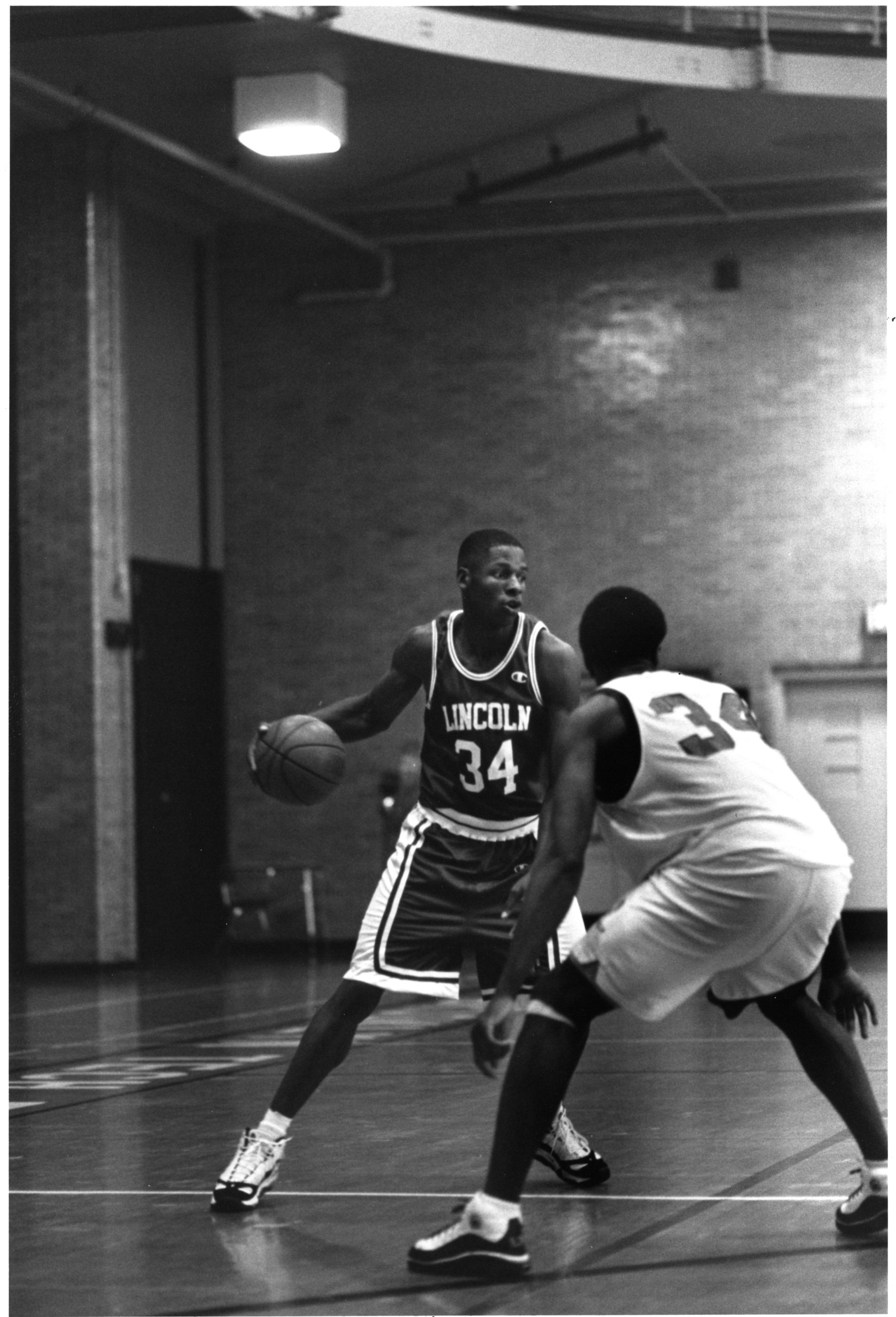
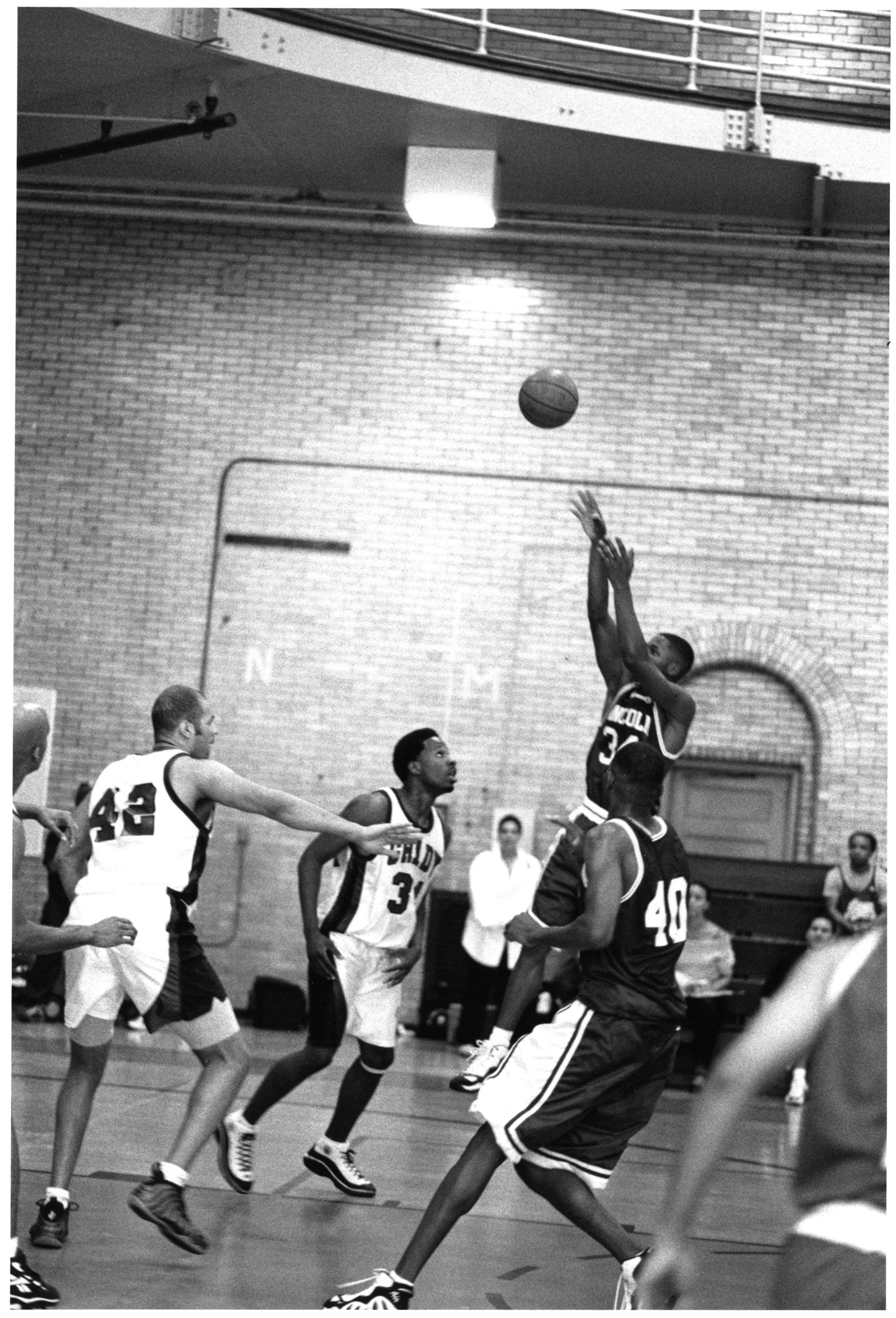
SLAM: How was the casting process? Did you already have people in mind for each role?
SPIKE: Denzel played junior varsity at Fordham University. His coach was the legendary PJ Carlesimo. So I knew this script might be attractive for Denzel. I wrote this for him. And I’ve watched many, many basketball films that have been made, particularly ones with actors [who are] supposed to be basketball players. And I don’t think those films were good. Jesus Shuttlesworth is the top high school prospect in the world, and I knew in my heart that no actor could play that. So, I knew that I had to get a baller. I looked at people leaving college coming to the pros, and also players already in the League who still looked youthful, so you would believe they were a high school senior at Abraham Lincoln High School in Coney Island, Brooklyn, New York.
I went to various people. Kobe said he couldn’t do it because in the offseason he’s working. Here’s something people don’t understand: Whoever I was gonna cast had to commit, pretty much, their whole offseason. There were several players who wanted me to just give them the role. They didn’t wanna come to audition, and that was not gonna happen. Ray [Allen] came in and did a phenomenal audition. But I knew for whoever I cast, I would need an acting coach. So, I hired the great Susan Batson. Denzel was giving him tips, too. And that’s how it all came together.
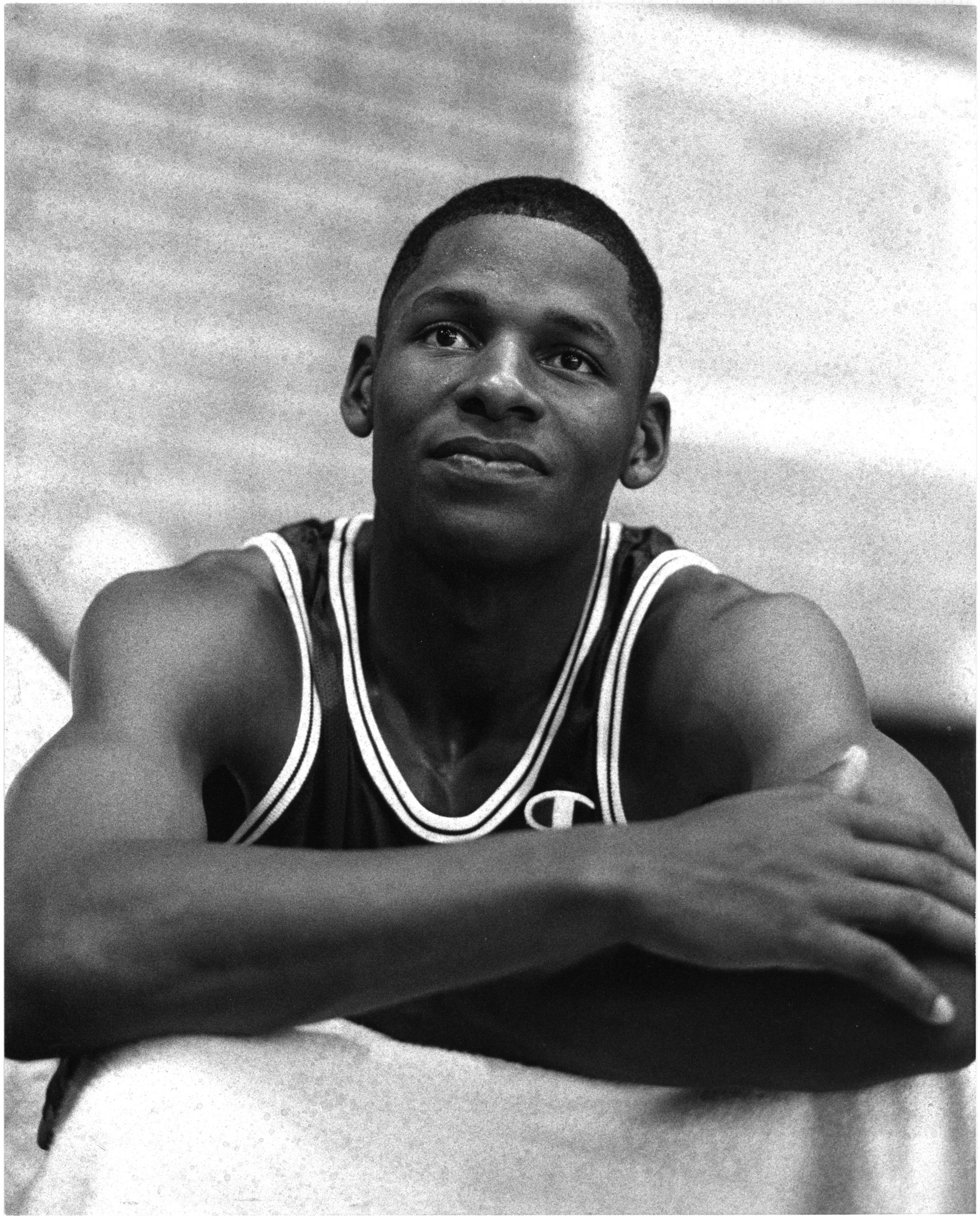
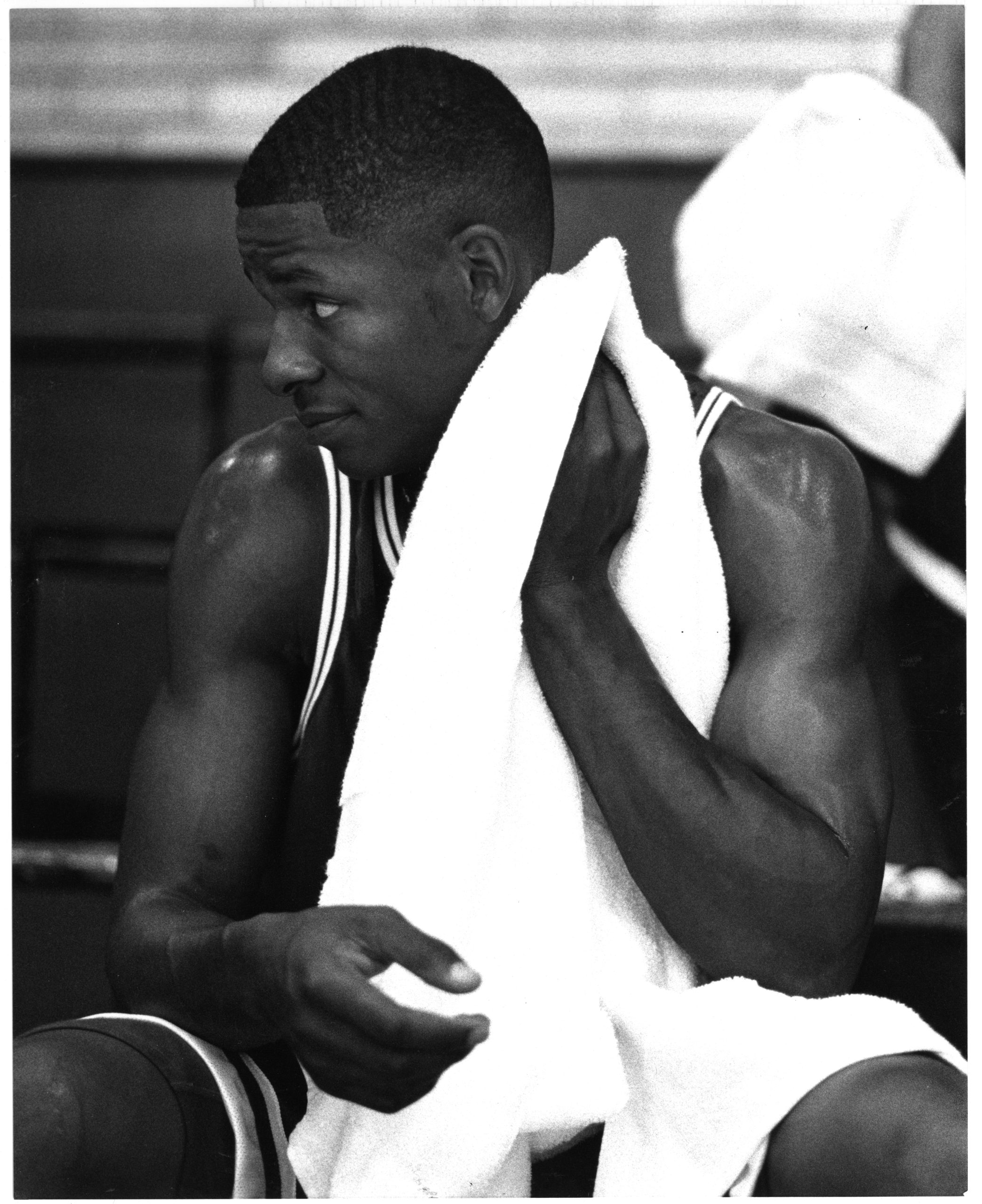
SLAM: Ray Allen became widely respected as one of the hardest workers and routine-driven players in the League. Did you notice any particular habits that translated while he was preparing for his role as Shuttlesworth?
SPIKE: Ray Allen was committed. I mean, that’s how he got the part. I told him, Your whole offseason is gonna be on this film. And it was a great sacrifice. These guys kill themselves in the regular season, they need their bodies to heal in the offseason. But he had no offseason. He said it wasn’t a problem. Whatever we had to do, whether it was doing a million takes or whatever, Ray did it. He was committed, and we had a great support system. I know it’s a cliche now, but we wanted to put Ray Allen in position to win.
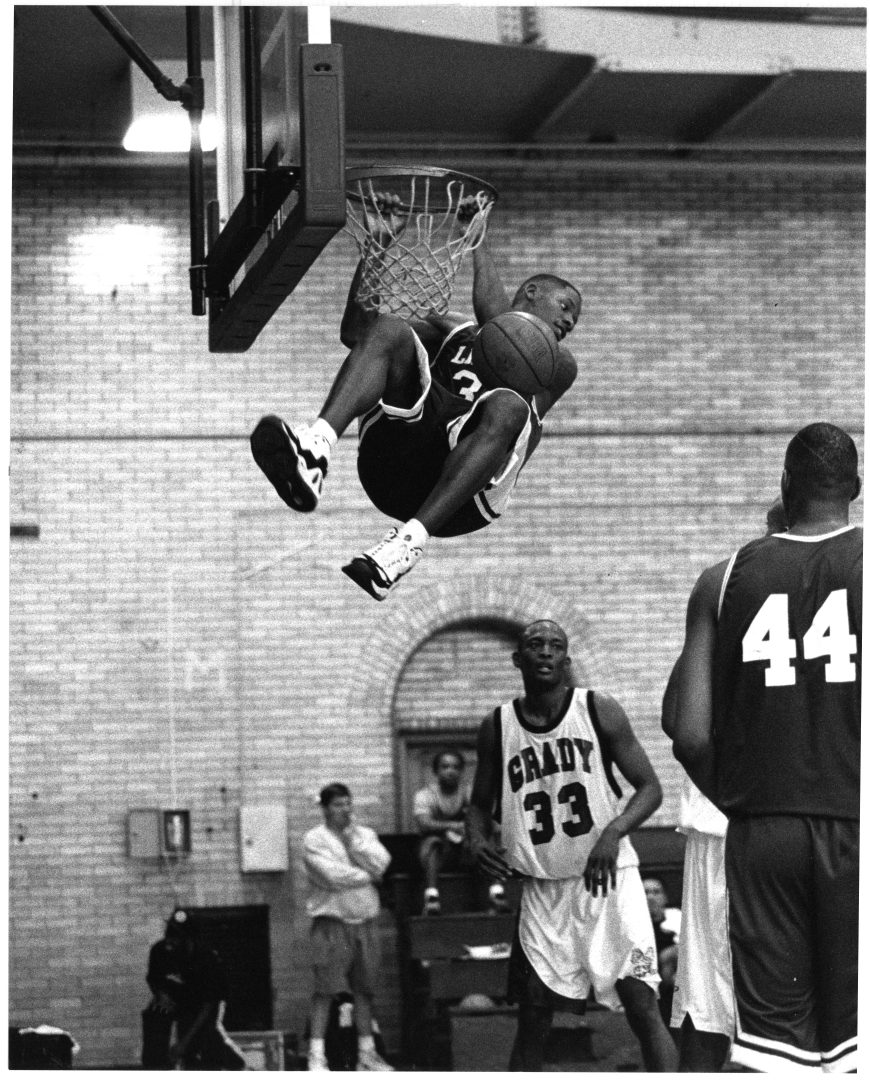
SLAM: Was there anything that stood out about the other NBA players you casted for the supporting roles?
SPIKE: Oh, yeah. The team that made up the squad had Hill Harper, who is a very fine actor. Then the pros were Travis Best, who went to Georgia Tech; Walter McCarty, Kentucky; Rick Fox, North Carolina; and John Wallace, Syracuse. They all auditioned for the role of Jesus Shuttlesworth, but I knew that Jesus had to have teammates. So, I knew from the pool of people I auditioned, I could fill out the squad for the Abraham Lincoln Railsplitters.
SLAM: Did you have a gut feeling, during filming, about the significant cultural impact this movie would have in the world of basketball?
SPIKE: Well, here’s the thing: I sit courtside at the World’s Most Famous Arena, The Garden. I knew if this film was not dope, I would hear it not only from the Knicks but from the visiting teams as well. And that wasn’t an option. So, I knew we had to get it together.
I also want to talk about the technical advisor on this film. One of the greats, one of the top 50 NBA players of all time, Earl “The Pearl” Monroe. Every time we were filming a basketball sequence, Earl “The Pearl” was sitting right next to me. And we had this scene in the film where Jesus discovers that his father didn’t name him after the biblical Jesus. He was named after Earl “The Pearl” Monroe, whose nickname in the Philly schoolyard was Black Jesus.
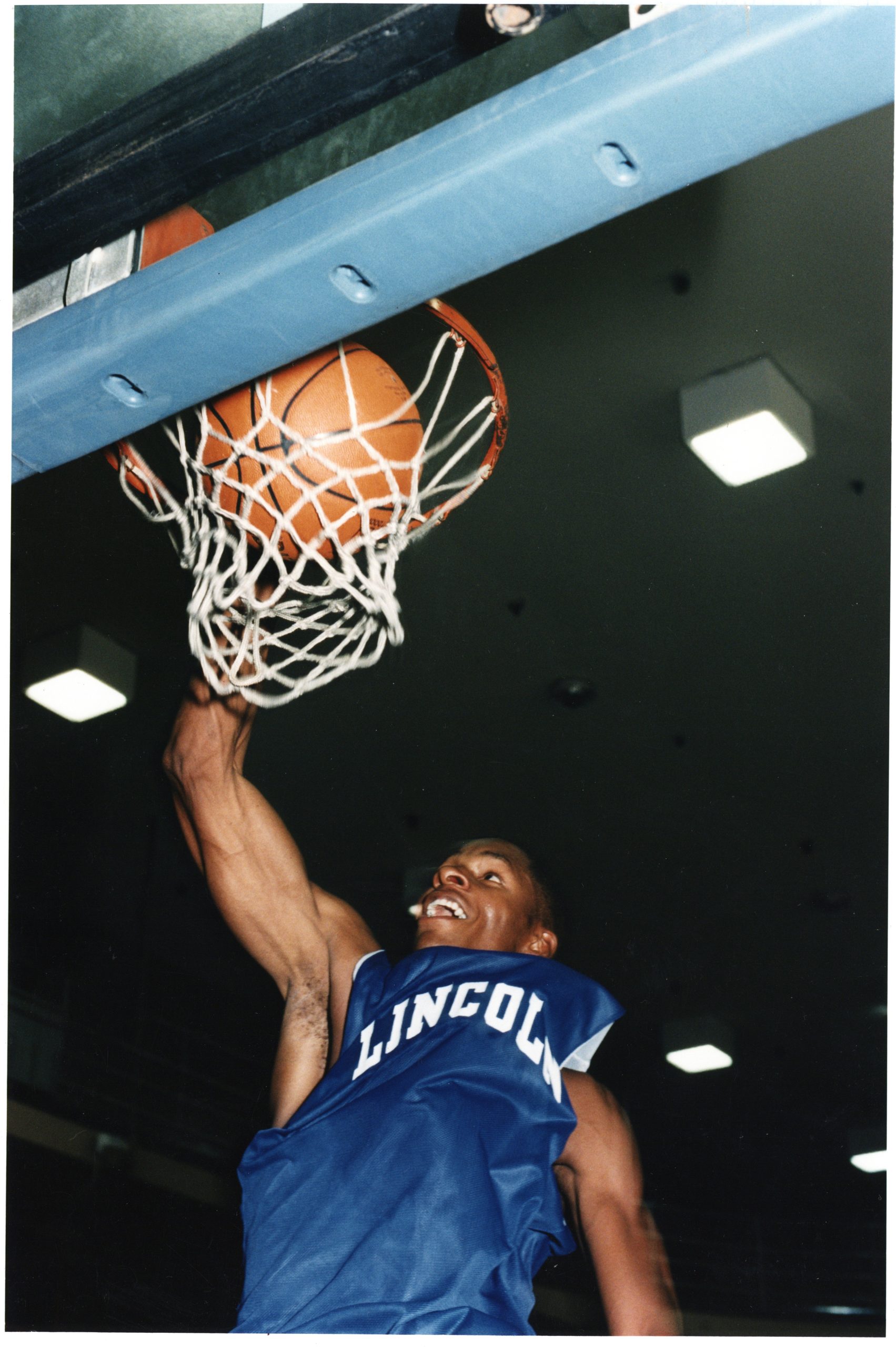
SLAM: The “Black Toe” Air Jordan XIII was released in ’97 and ultimately got tabbed the “He Got Game” XIIIs after being popularized by the film. What about this particular silhouette made it the feature sneaker for the movie?
SPIKE: It was very intentional. It started with my first film. What did Mars wear? What did Buggin’ Out wear in “Do the Right Thing” What did Radio Raheem wear? When you grow up in New York, that’s just part of the culture.
So I told Michael Jordan we needed to have some for the film. And then I told Denzel, too. Denzel rocked those. I know they call them the “He Got Games,” but a lot of people call them the “Denzel Washingtons,” too. I love the line in the movie when Denzel is in the sneaker store, and they see the ankle monitor.
SLAM: How did you decide on Public Enemy for the soundtrack?
SPIKE: While I was writing the script, I was listening to the classical music of Aaron Copland. He’s one of the great, great, great composers, and I knew I wanted to use select pieces he had written for various scenes in the film. Then I went back to Chuck D and Flavor Flav. I’ve always loved that song, “For What It’s Worth,” by Stephen Stills. And I wanted to use parts of that.
Then we did the music video, well, the short film. Michael Jackson told me, Spike, don’t ever use the phrase “music video.” Anyway, we did the short film. We got Stephen Stills to come back and be a part of the song. Everything came together on that one, and that’s very rare. I’m a professor at NYU, and I tell my students all the time, It’s hard to make a horrible film, let alone a decent one. Because there are so many elements, but it came together on that one.
SLAM: There’s a scene with Jesus on the couch watching TV and Shaq, Dick Vitale and John Thompson are praising his game. Above the TV is a SLAM Magazine cover with Jesus on it. At this time, SLAM had only been around for about four years. What went into this decision?
SPIKE: SLAM is part of the culture. I had to think long and hard about having a character, Jesus Shuttlesworth, who in the film is the top high school prospect in the world. So [putting him on a SLAM cover] was very simple.
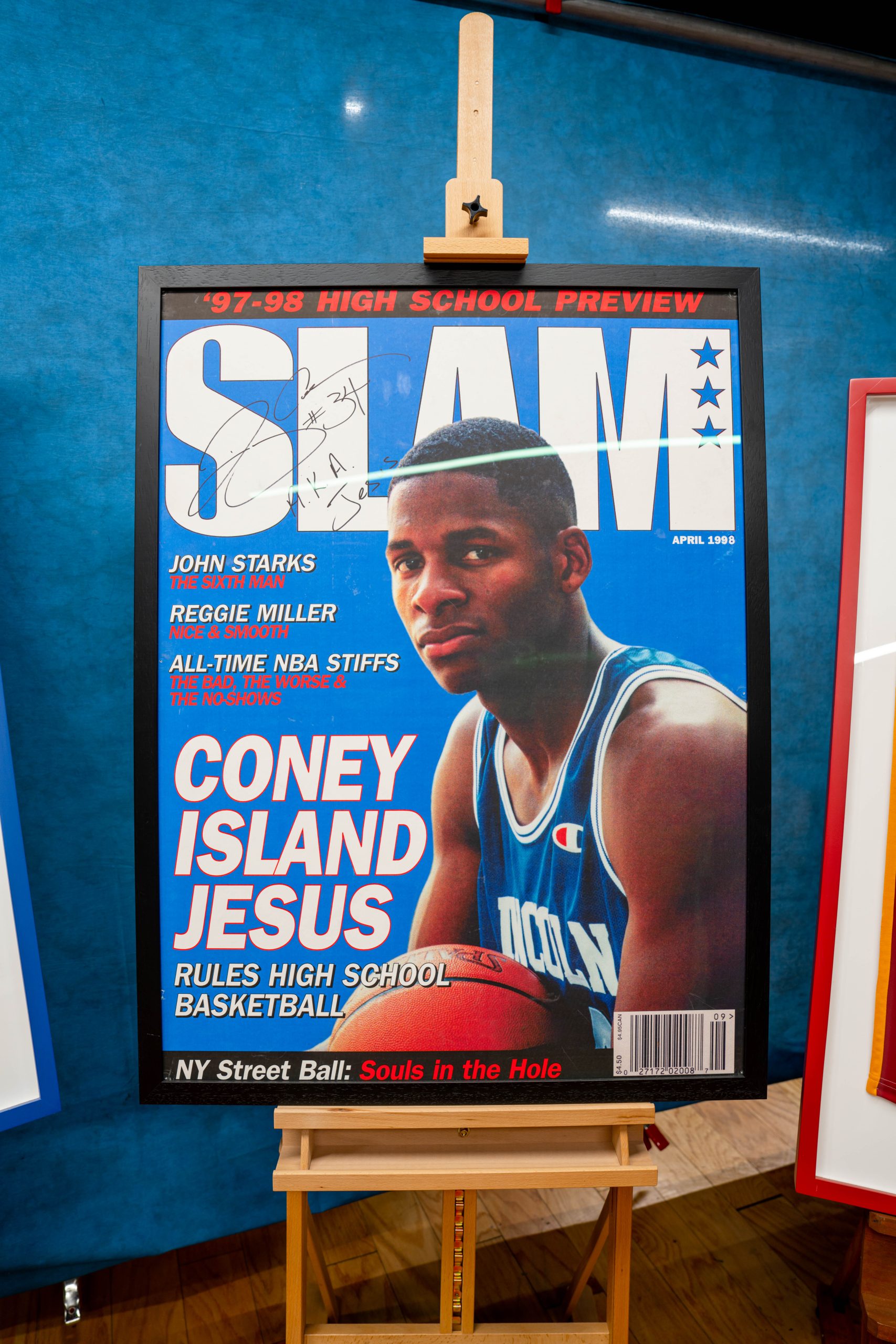
SLAM: How do you measure the impact of the movie and how it has transcended generations?
SPIKE: A lot of these young cats, when they come to The Garden, [they] ask me if they can be in a sequel. And they were very young—some of them could not have been born when this film came out. It’s just part of the culture, ya know? I’m grateful for that.
Here’s the thing, though. One time I wanted to do a sequel. But I knew I couldn’t do it without Denzel. Ray was on me to do a sequel, but Denzel said he didn’t do sequels. Well, I think he broke that rule. “The Equalizer,” I think there are three of them. I kid him about that.
SLAM: I actually read an article from years back where Ray was speaking of his interest in doing another film. I’d be remiss if I didn’t ask—is that something you would be interested in doing?
SPIKE: At one point, I wanted to. I mean, it’s been 25 years. I’ll see Denzel again, and since he told me he’d never do a sequel and now he’s done them, maybe he’s changed his mind. But you know, Denzel and I have done four films together. So hopefully, maybe one day we’ll get together for our fifth. I’m not saying for “He Got Game,” but just to work together. We’ve done great work together.
SLAM: You’ve managed to maintain your spot as one of the best at what you do, despite the varying changes in the world of media. What’s keeping you inspired to not only continue adapting but also thriving in today’s climate?
SPIKE: I know I’m blessed because if you’re able to make a living doing what you love, that’s not a job. I tell my students this, too. Hell is working a job you hate. That’s not just hell, that’s holy hell. It’s a blessing, and I don’t take it for granted. I’m just very, very happy that “He Got Game” is considered a classic.
This interview has been slightly edited for clarity.
Photos via Marcus Stevens and David Lee.